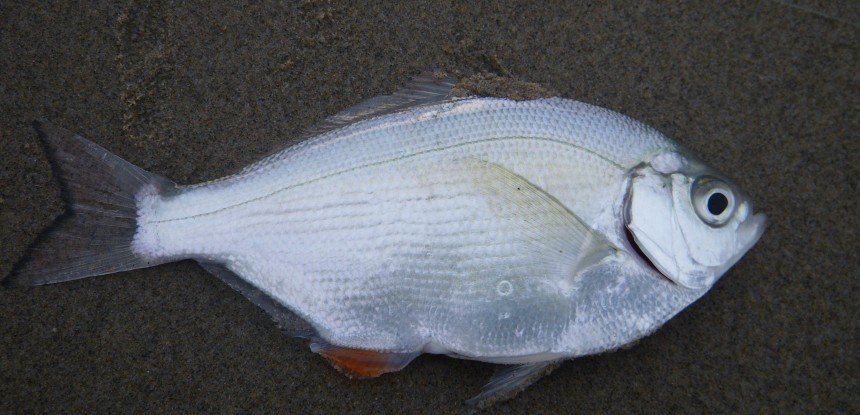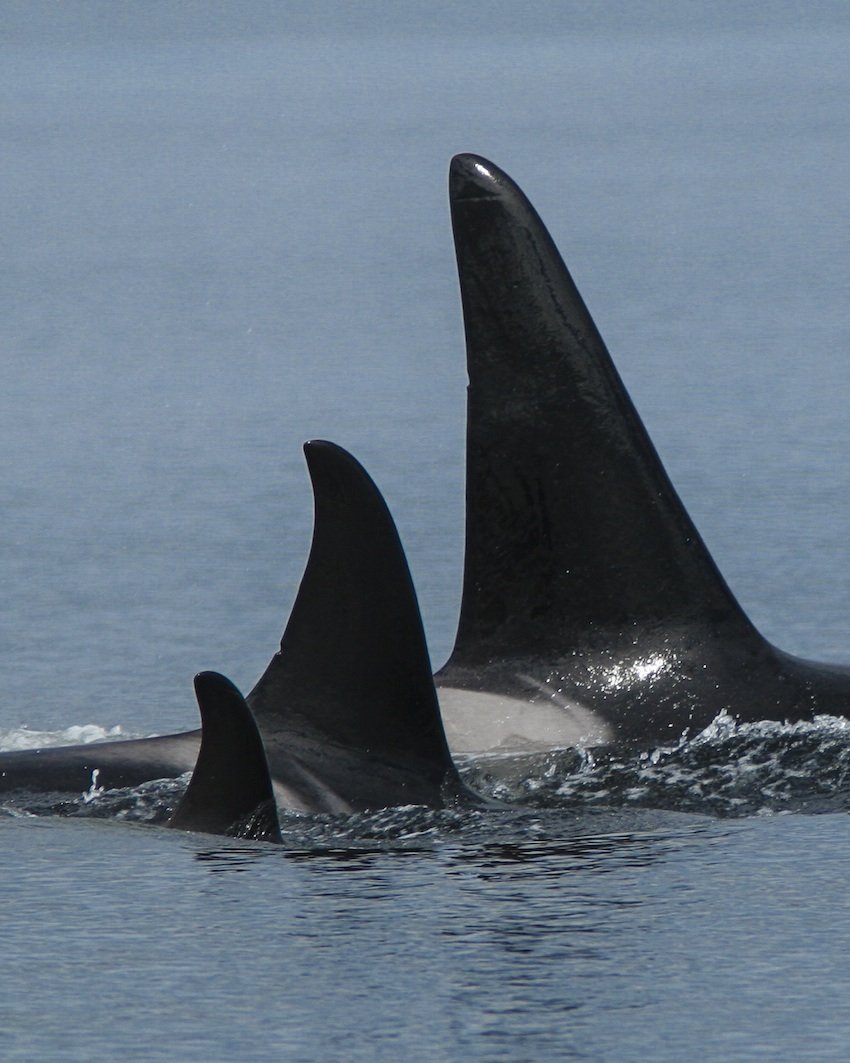
Sperm Whales
Though not as talked about as the California gray whale, humpback or blue, the sperm whale (Physeter macrocephalus) is an animal of extremes. These whales are unique for having the largest brain of any animal, being the largest toothed predator, the most sexually dimorphic cetacean species, and their highly social way of life.

Rockfish
The term Rockfish is used to describe a complex of fish off our coast; there are more than 100 species of rockfish in our ocean that come in a variety of sizes, colors, and shapes. Rockfish are some of the longest-living fishes, and some live to be 200 years old!

Surfperch
Season open year-round
Daily bag/possession limit: 20 fish (combination of all species other than Shiner Perch)
Shiner perch have an individual bag/possession limit of 20 fish
Redtail surfperch must be at least 10 ½ inches in total length

Dungeness Crab
Dungeness crabs are invertebrates, meaning that they have no internal skeleton or backbone. They are the most abundant crab in California, but are most prevalent in the Northern waters above Monterey. A typical lifespan is 8-13 years, reaching a size of 10 inches or larger.

Pacific Salmon
Salmon are one of our most iconic species in Northern California. Not only an important resource for the people of Mendocino County, but they also play many roles within our coastal ecosystems. For our community, they provide a source of income, recreation, nutritious food, and culture.

Pacific Harbor Seals
Harbor seals are part of the “true seal” family, Phocidae. True seals lack external ear flaps, but their external ear canal is visible on the side of their head behind their large eyes. Harbor Seal are small, spotted seals, and can be dark with light spots or light with dark spots.

California Sea Lions
California Sea Lions are best known for their playfulness, intelligence, and loud barking. They range in color from dark brown in males to a golden brown in female. They have obvious external ears and long narrow forelimb flippers, used for incredibly graceful swimming and “walking” on land.

Seal or Sea Lion?
Is that a seal or a sea lion?
The most familiar of our whales is the gray whale. We are fortunate that they migrate close to the coast so we can often see them from shore and from short whale-watching trips on boats.

Blue Whales
The blue whale is the largest animal in the history of the earth! It’s heart is the size of a Volkswagen bug and the main aorta leaving the heart is large enough for a young child to crawl through.

Humpback Whales
Humpback whales occur along the Mendocino Coast from early April to November. Like blue whales, they spend their time a little farther offshore than our close-in gray whales, but are occasionally seen from shore during those months.

Orcas (Killer Whales)
Orcas, also called killer whales, are the largest of the dolphins and one of the largest predators of the ocean. Their range spans the globe from pole to pole, and individual orcas belong to regional ecological groups, called ecotypes, that have distinct ranges and behaviors.

Gray Whales
The most familiar of our whales is the gray whale. We are fortunate that they migrate close to the coast so we can often see them from shore and from short whale-watching trips on boats.

